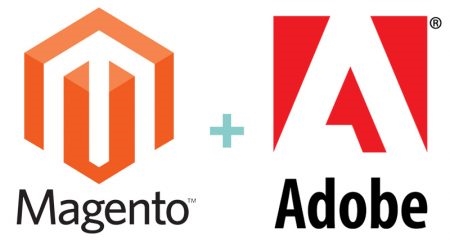Adobe Magento And Its Vision For Personalized ‘Experience Commerce’
Adobe Magento And Its Vision For Personalized ‘Experience Commerce’
Adobe acquired commerce platform Magento for $1.68 billion less than six months ago. On Tuesday, the company announced its first set of integrations that bring analytics and personalization of Magento’s Commerce Cloud into Adobe’s Experience Cloud.

The joint vision centers on how companies compete on experiences rather than price and product. This becomes a key differentiator for brands that depend on everything, from search and display or video to ecommerce.
The new integrations, which focus on ecommerce, give Adobe and Magento Commerce Cloud customers such as Coca-Cola, and the Pittsburg Steelers integration with Adobe Target, a machine learning-based tool for personalizing shopping experiences. They also gain access to predictive analytics from Adobe Analytics to analyze their customers’ data to predict purchasing behavior.
“It’s about the customer experience,” said Peter Sheldon, senior director of strategy for commerce at Adobe.
Many brands have invested in a direct channel to consumers, rather than selling through distributors and wholesalers, he said. That’s where the technology comes in.
Magento steps in at the conversion level, making digital wallets and shoppable ads available through the integration.
The news, announced at Magento’s annual conference, also provides integration with the Adobe Experience Manager, a content management tool that integrates many AI tools to build personalized mobile, web and shopping experiences.
Other features include drag-and-drop editing tool for site content, support for building Progressive Web Applications, payment tools, and integration with the Amazon Sales Channel.
“This industry — online commerce — is changing faster than I’ve seen before,” Sheldon said. Brands have elevated these types of products within their organizations, he said, and it means not having to go through a complex process to make a purchase.
(31)

